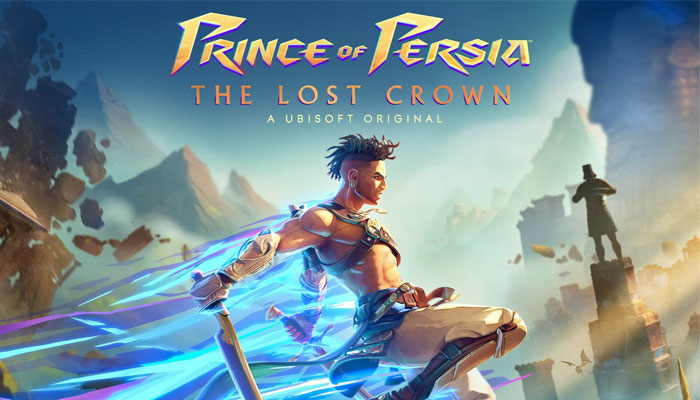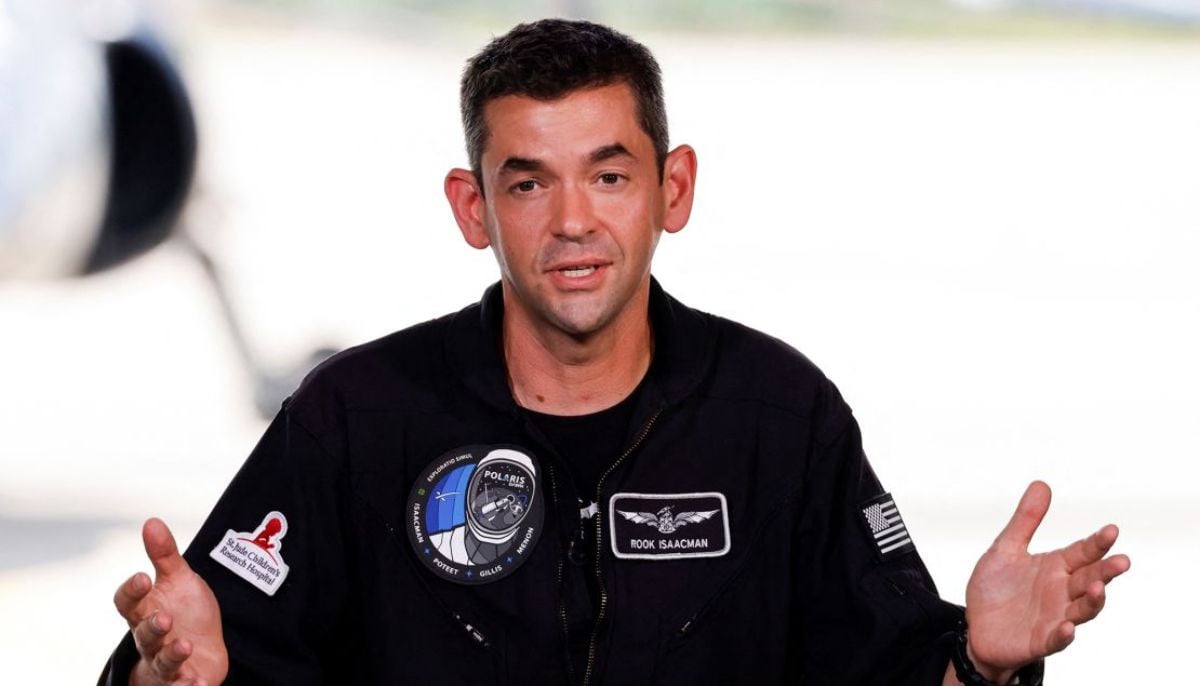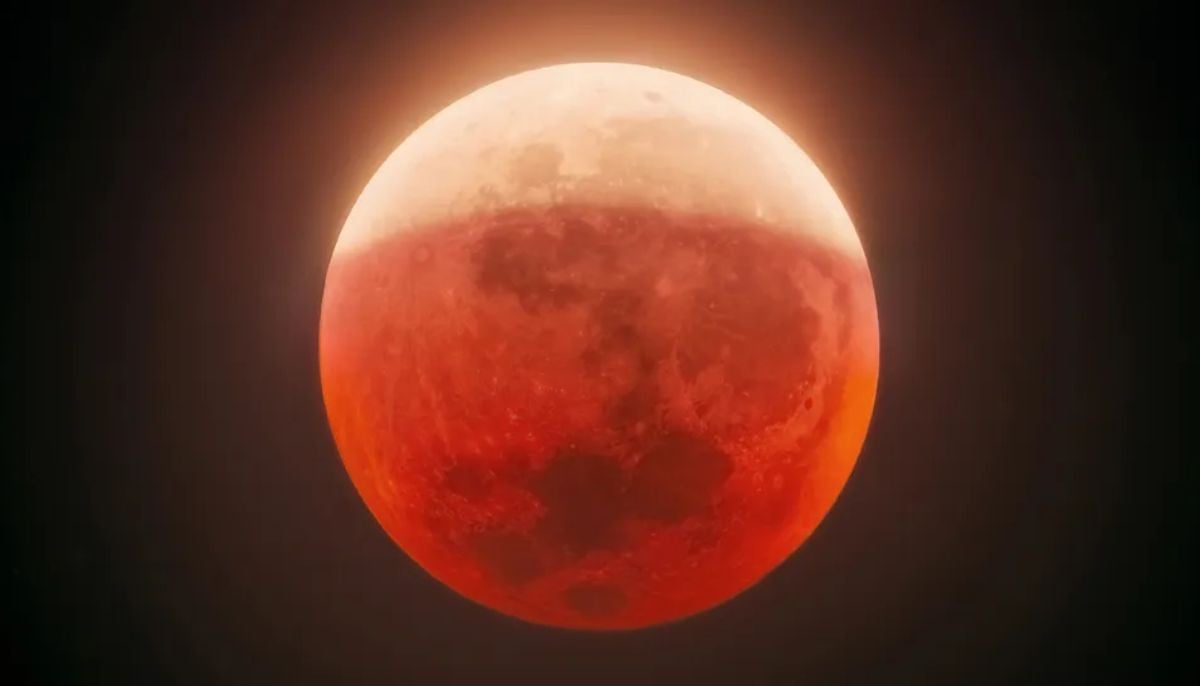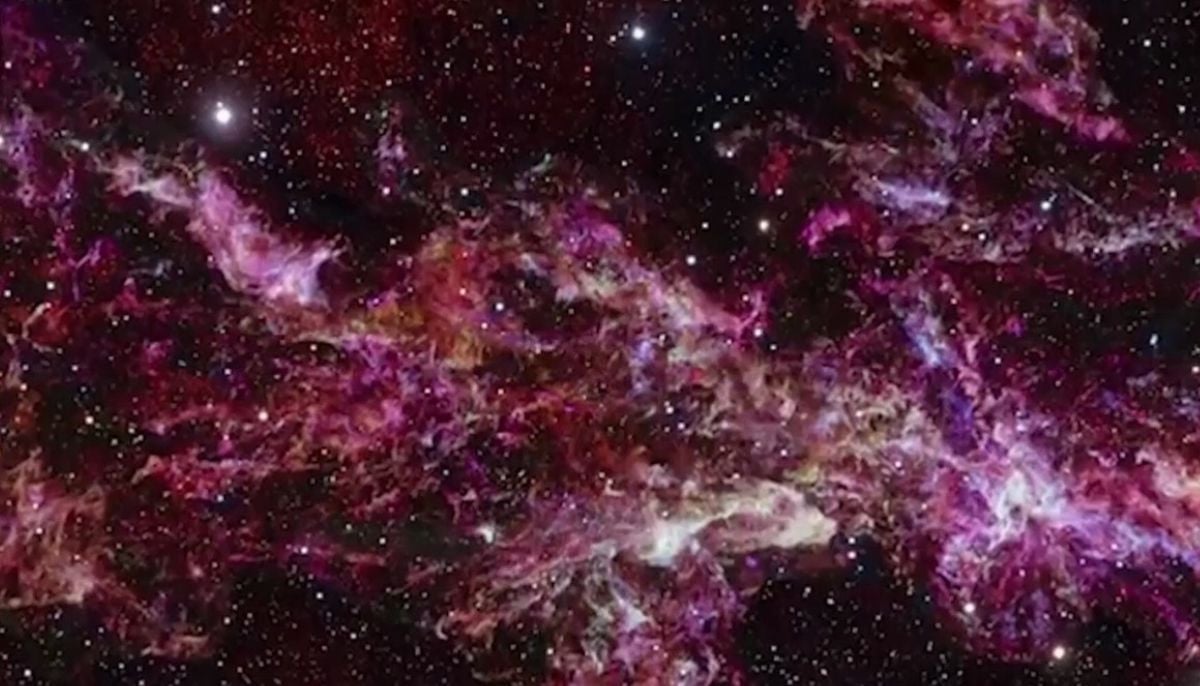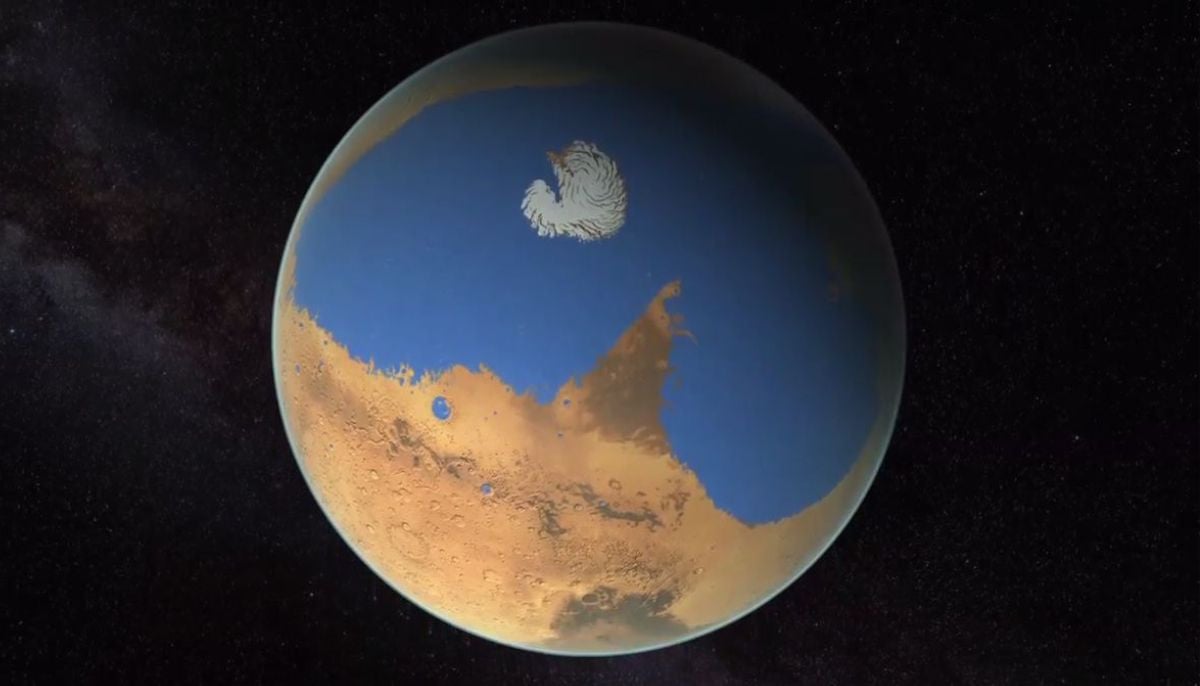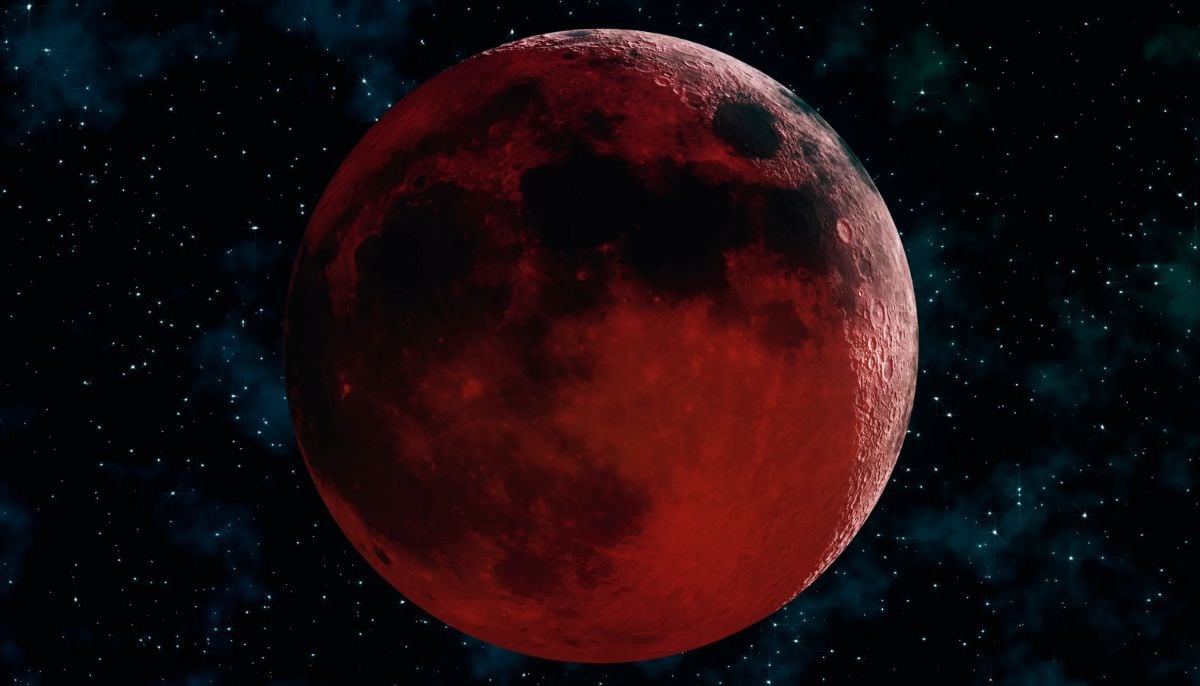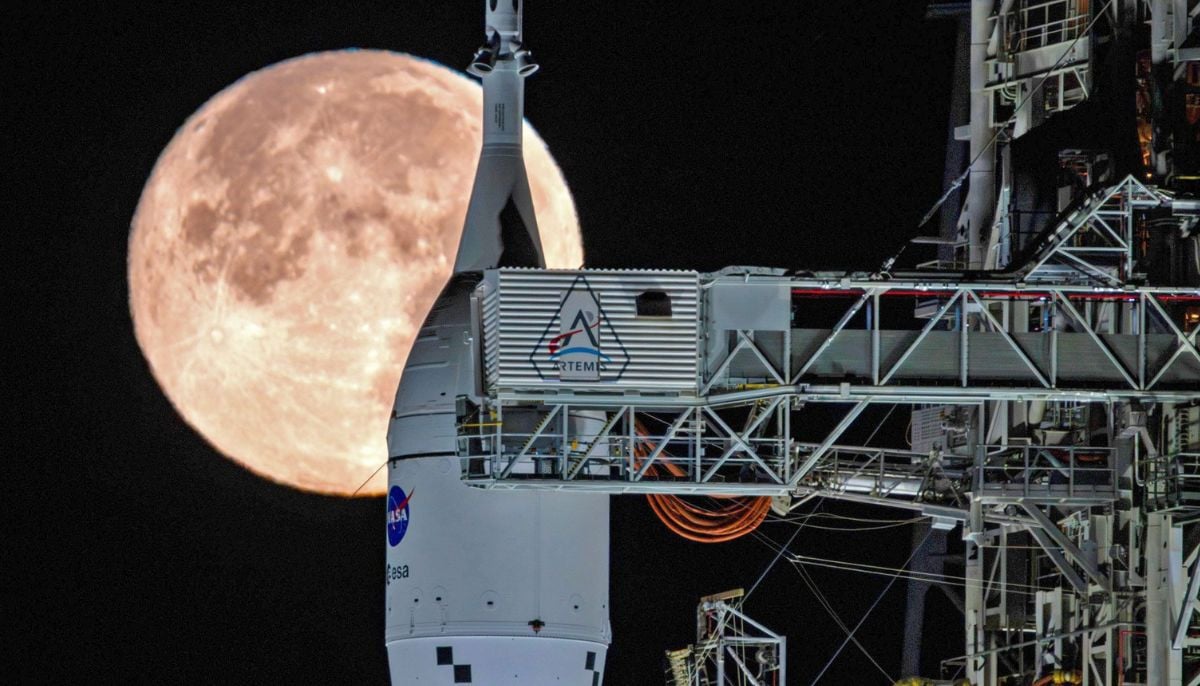The Lost Crown: Prince of Persia's Farsi version celebrates Persian culture, Iran
Prince of Persia franchise which draws on Persian mythology and Iranian culture is set to be translated into English to accurately depict and respect Persia and Iran
The Lost Crown, the first new iteration of the beloved computer game Prince of Persia in 14 years, is the first in the series to be completely voiced in Farsi, according to the BBC.
The franchise which draws on Persian mythology and Iranian culture is set to be translated into English to accurately “depict and respect Persia and Iran.”
Sam Mandi-Gohmi, a fan of the game from the United Kingdom said it was "brilliant" that representation was being taken more seriously.
Mandi-Gohmi said: "I grew up in England to an Iranian father, and often when I was younger we'd play games together, as it wasn't something that was significant in his childhood. I rushed to show my dad it - he laughed and translated alongside in disbelief."
Mandi-Gohmi stated that previous games in the series, released in the UK in the 1990s and 2000s, did not feature fully Iranian characters. He noted that while representation in media is important for developers, there is still minimal Iranian representation in Western media.
The game is the first in the series to be made by Ubisoft Montpellier, a subsidiary of Assassin's Creed developer Ubisoft.
"From the start, we wanted to be able to depict and to respect Persia and Iran," said the game's designer Mounir Radi. "It was natural for us to say, if we are going into this culture, we have to be true to this culture, we have to do this."
The makers of the game, the first in the series since 2010's The Forgotten Sands, attempted to modernise it by updating the graphics, drawing inspiration from Sony's animated hit Into the Spider-Verse.
They also made the game more authentic by incorporating elements of the Zoroastrianism religion, founded in present-day Iran, into the gameplay.
-
‘Mars’ missing water mystery takes a surprising turn as new study finds regional dust storms trigger massive water loss into space
-
Scientists reveal how sleeping can unlock your creative potential
-
NASA Artemis 2 moon mission faces unexpected delay ahead of March launch
-
Total Lunar eclipse: What you need to know and where to watch
-
Sun appears spotless for first time in four years, scientists report
-
SpaceX launches another batch of satellites from Cape Canaveral during late-night mission on Saturday
-
NASA targets March 6 for launch of crewed mission around moon following successful rocket fueling test
-
Greenland ice sheet acts like ‘churning molten rock,’ scientists find
